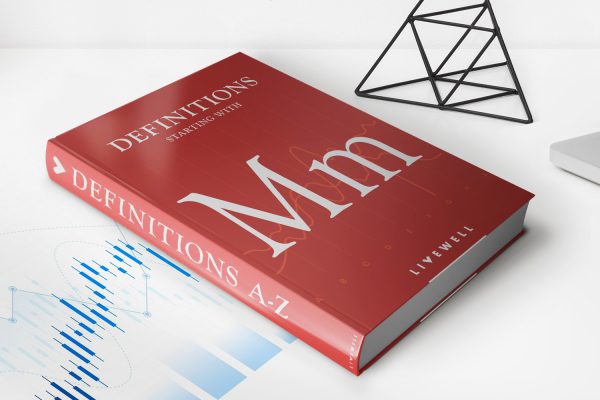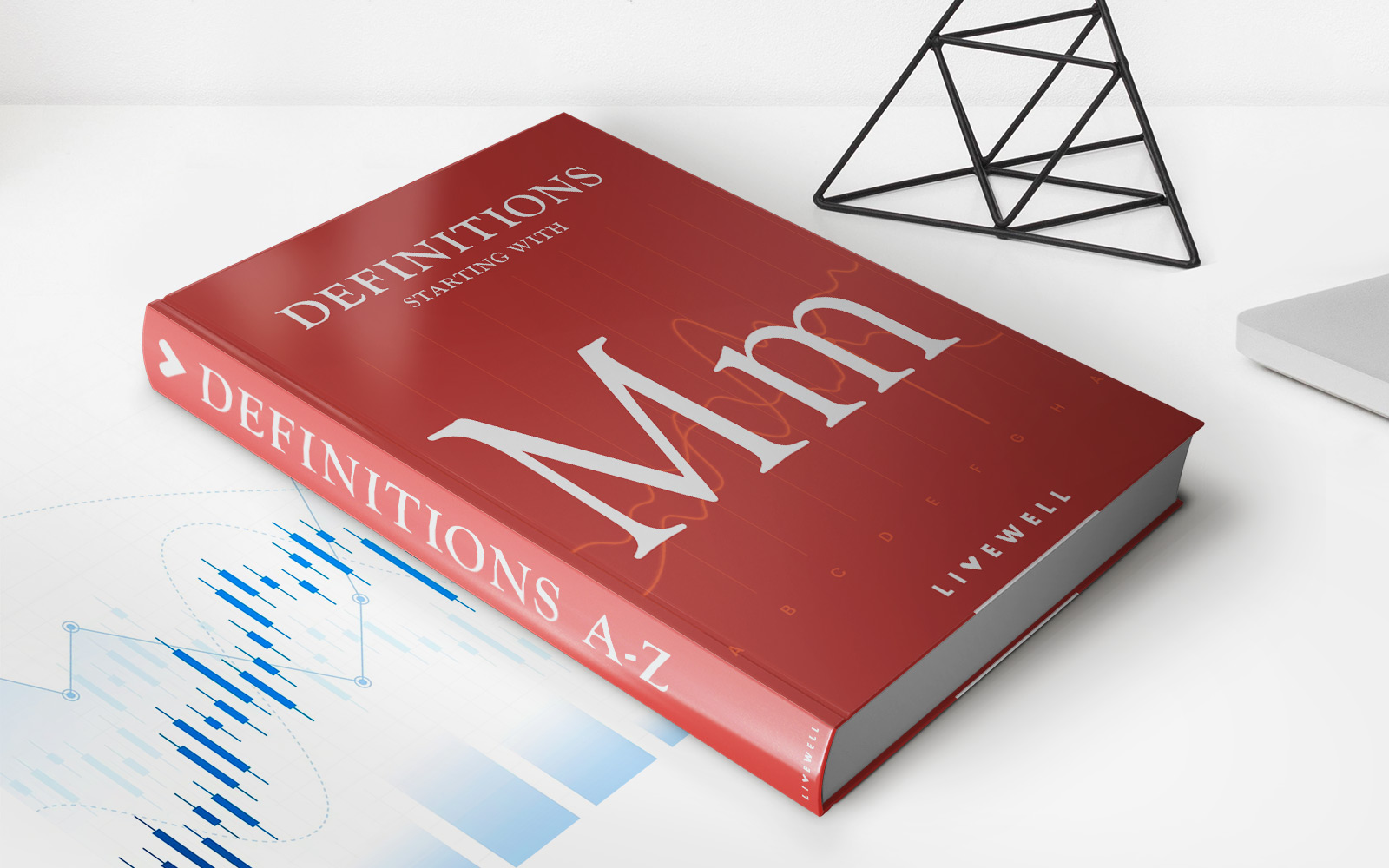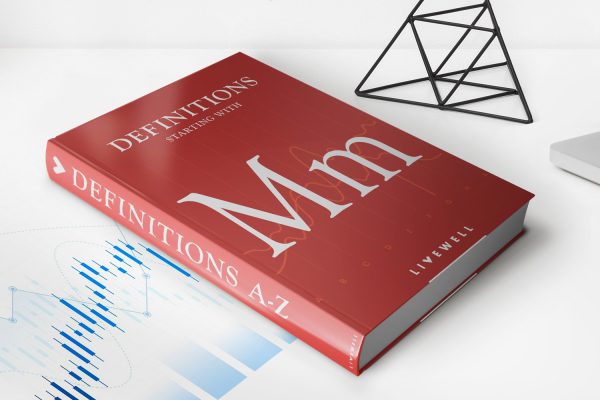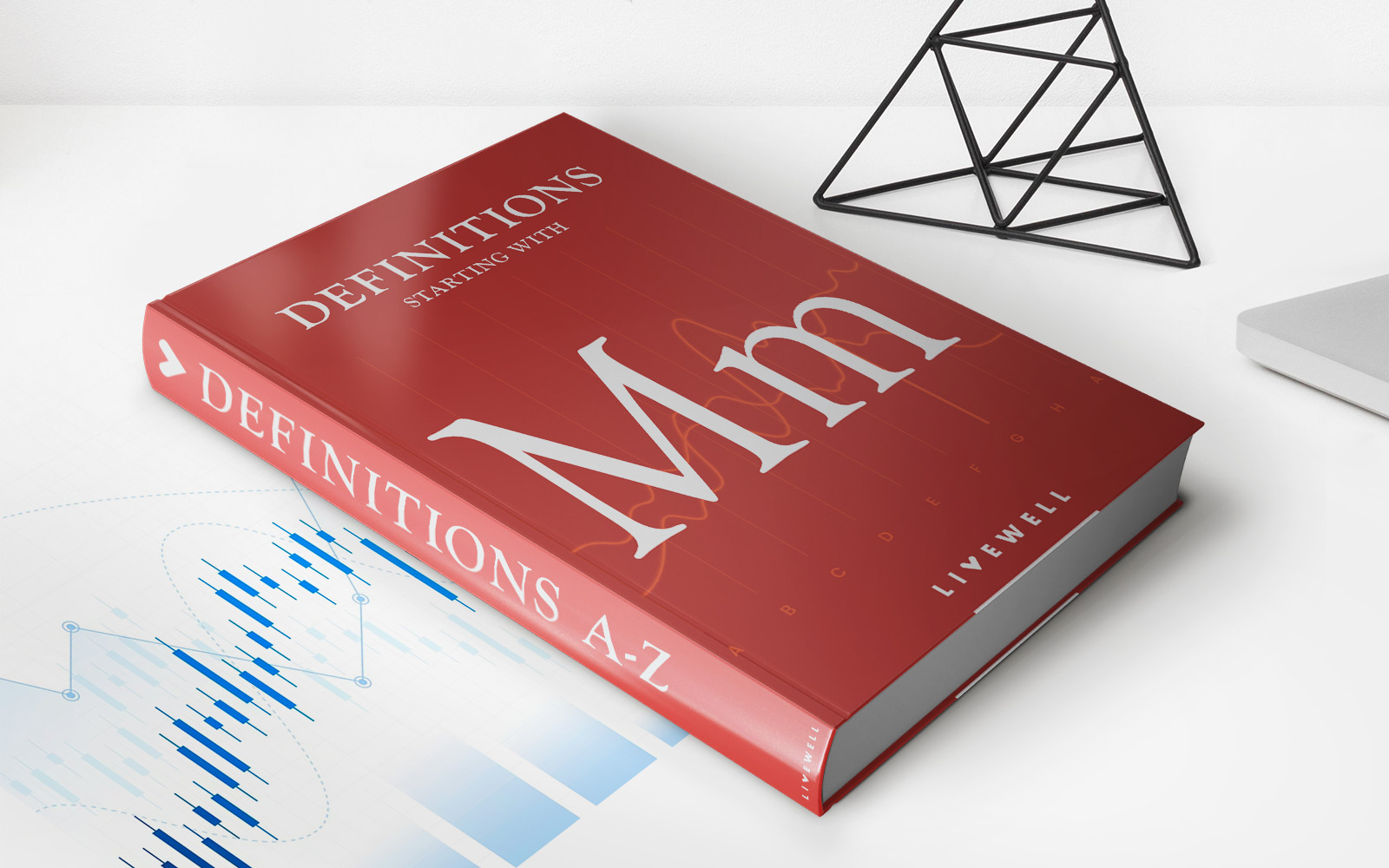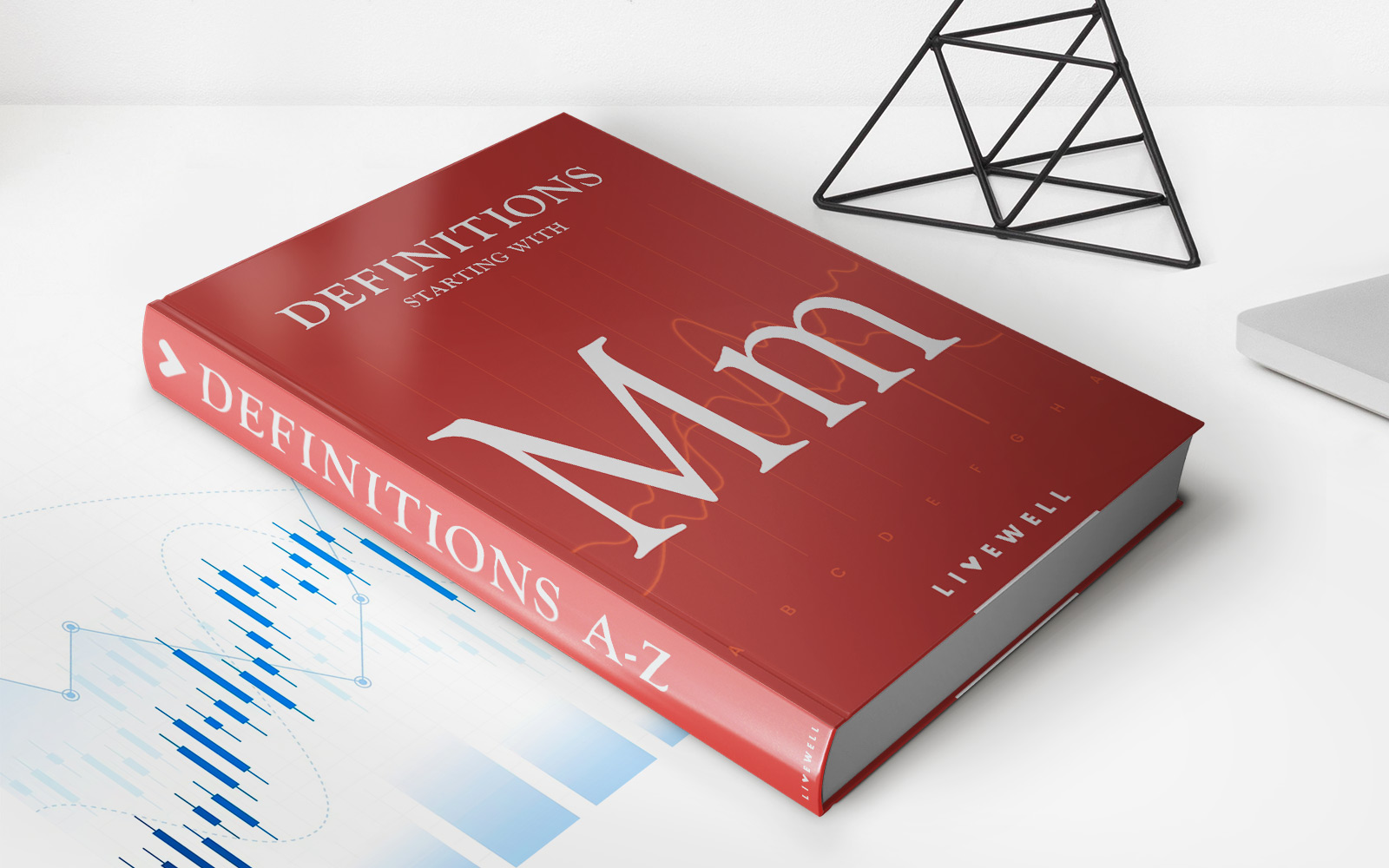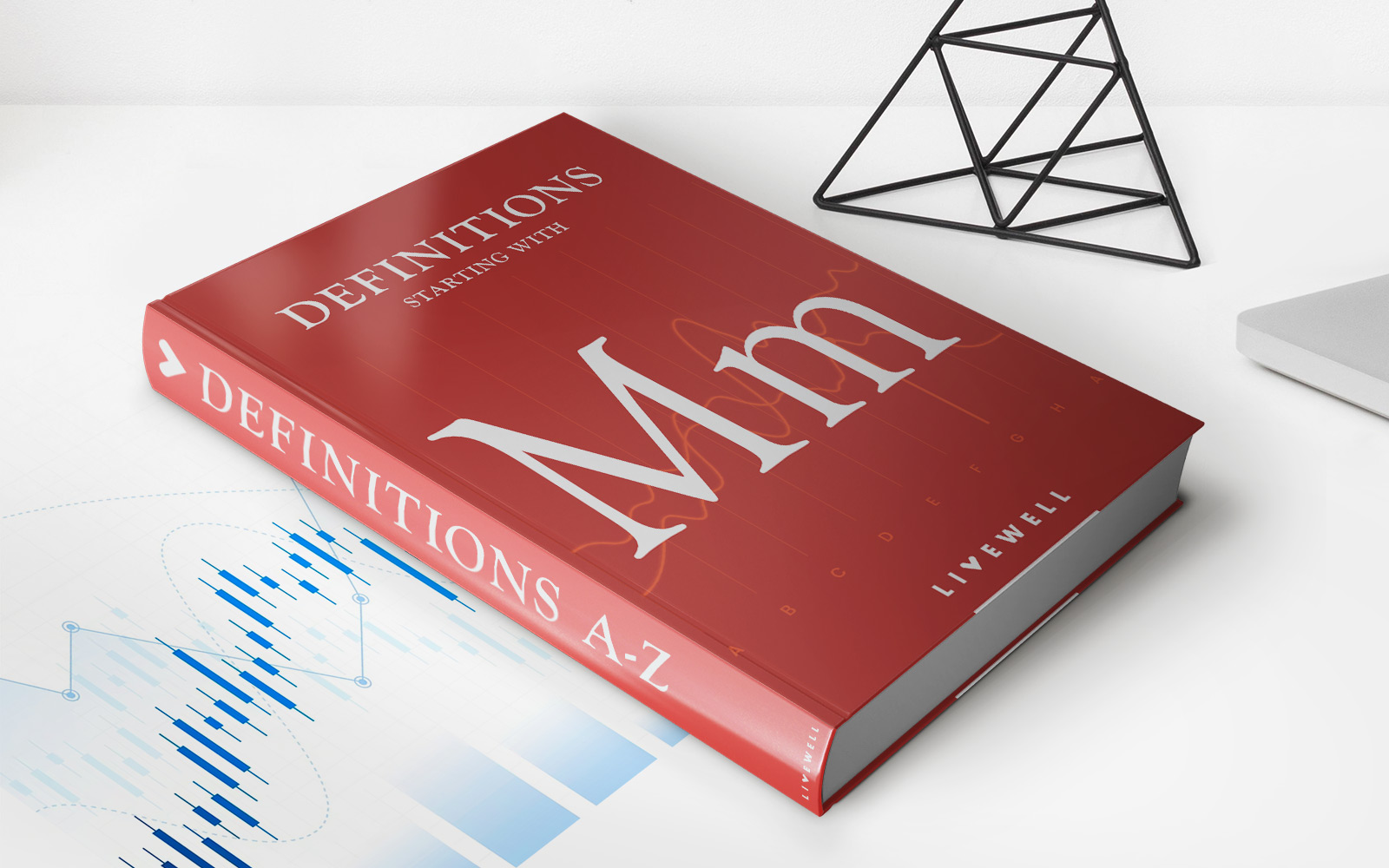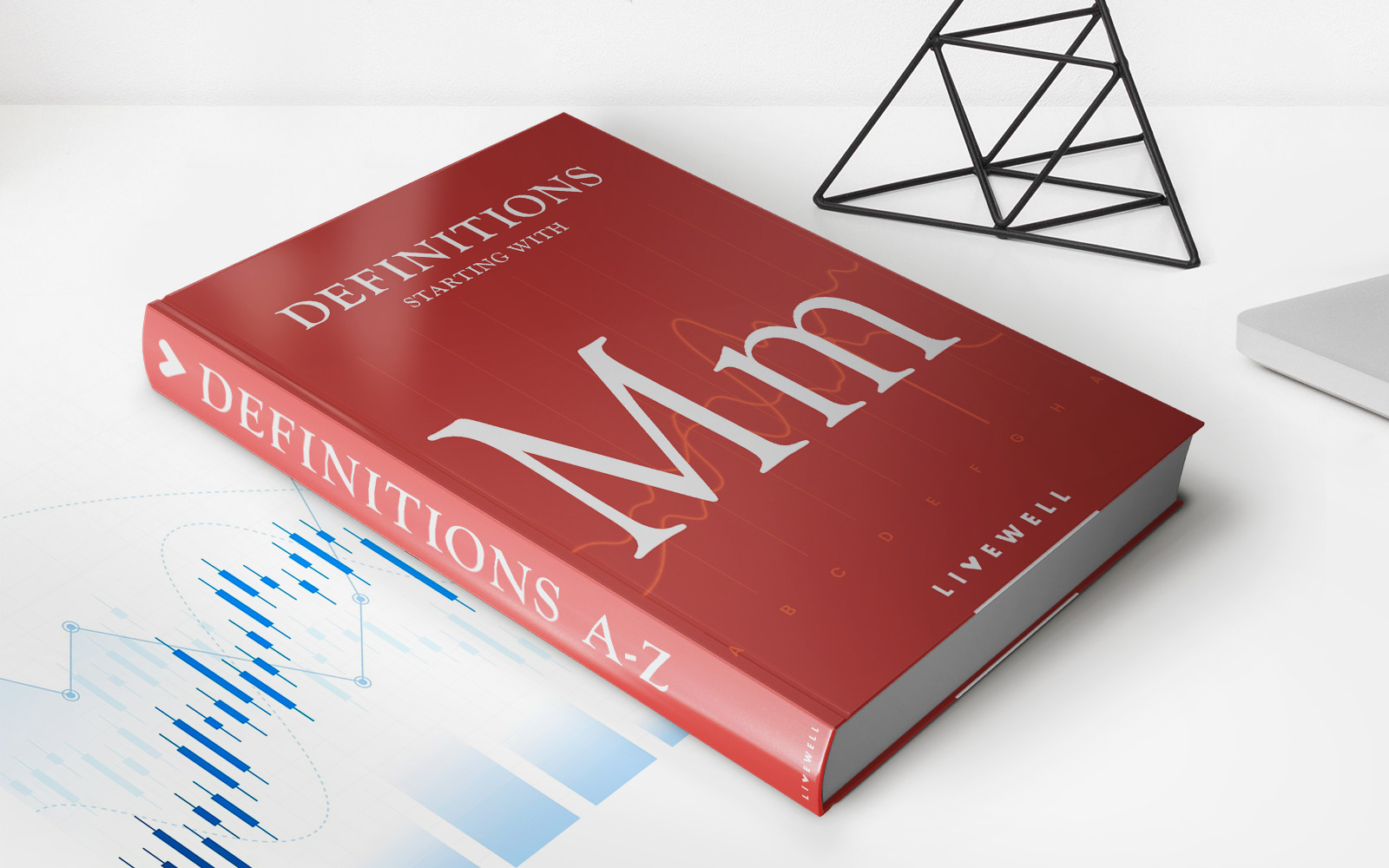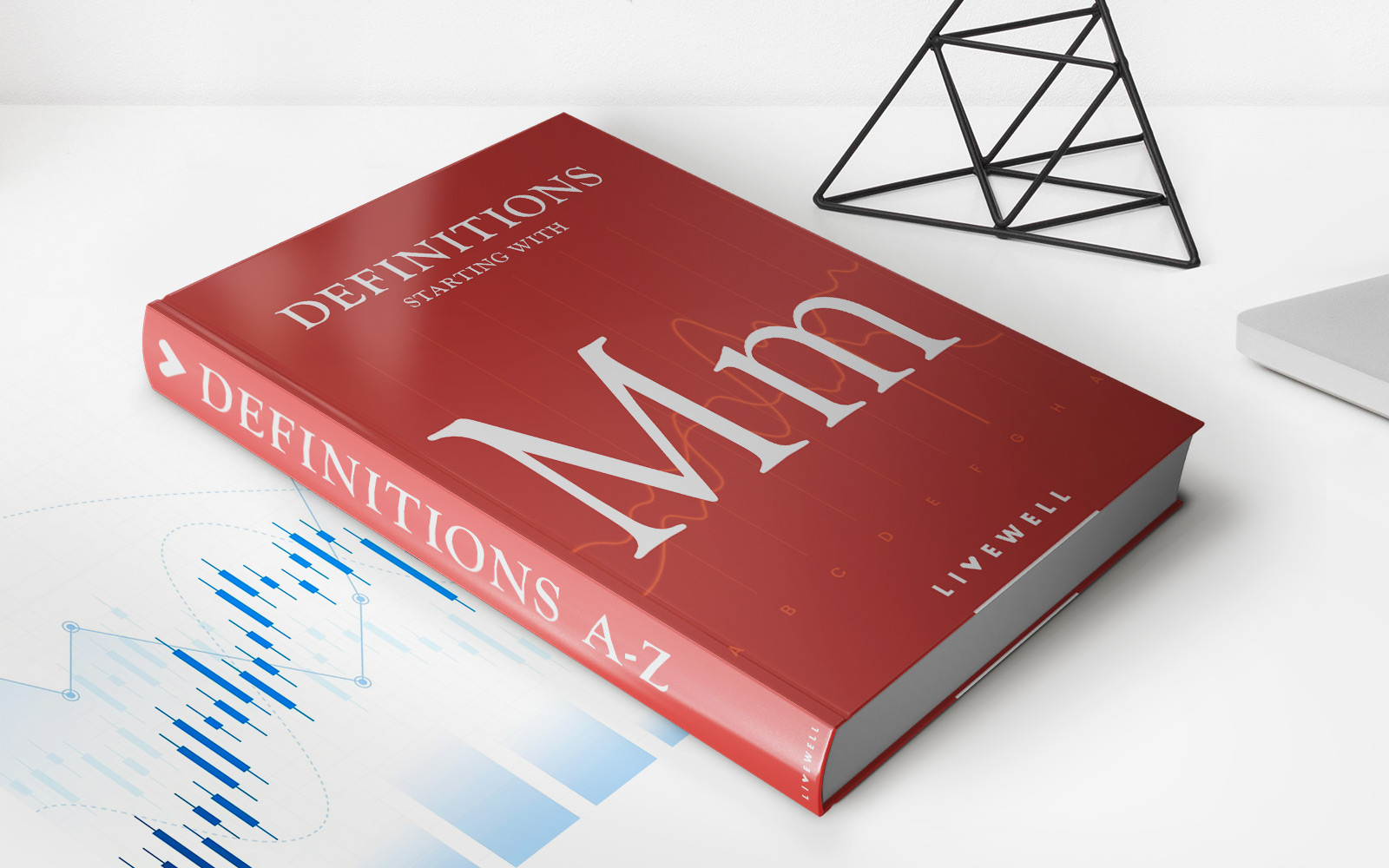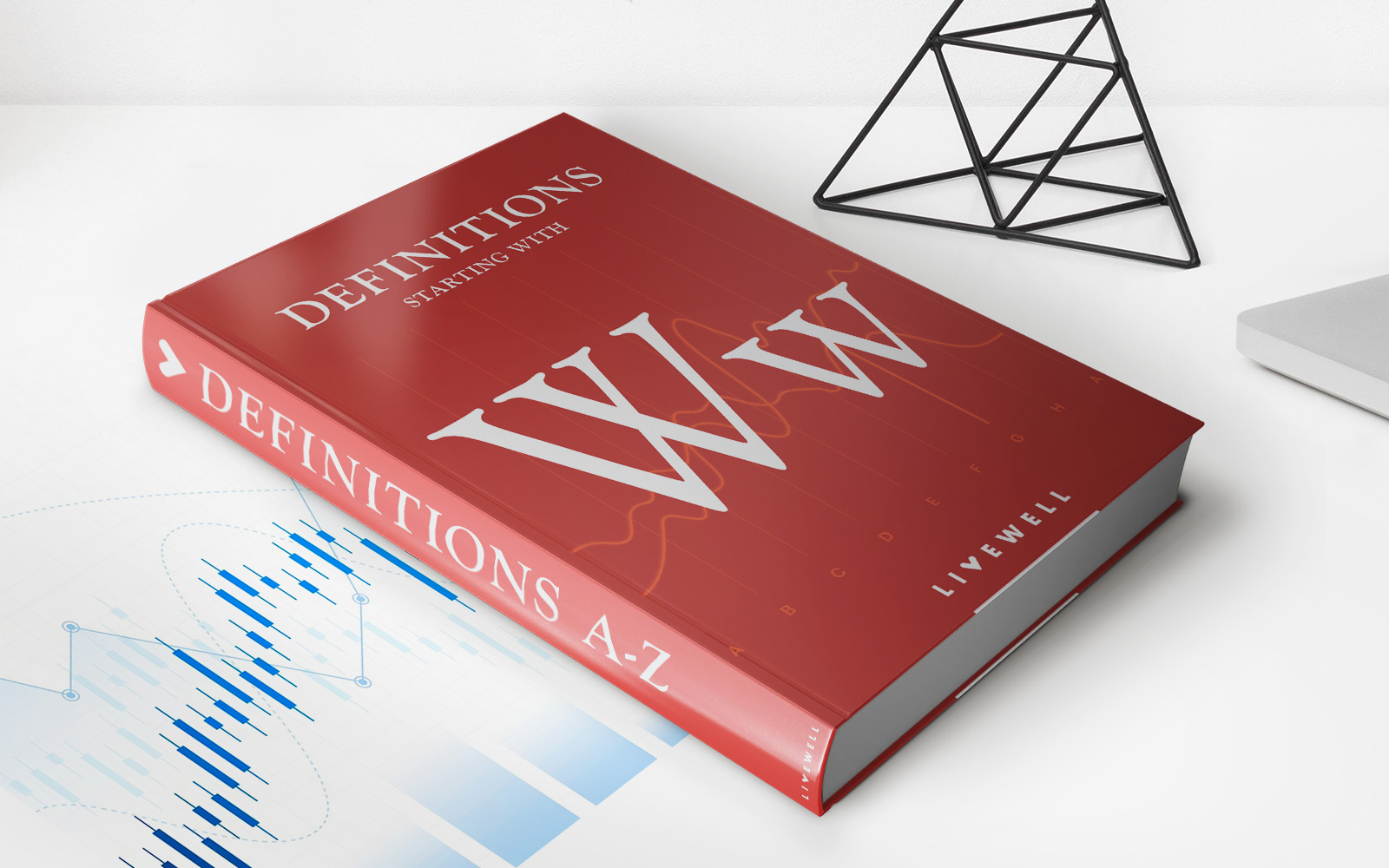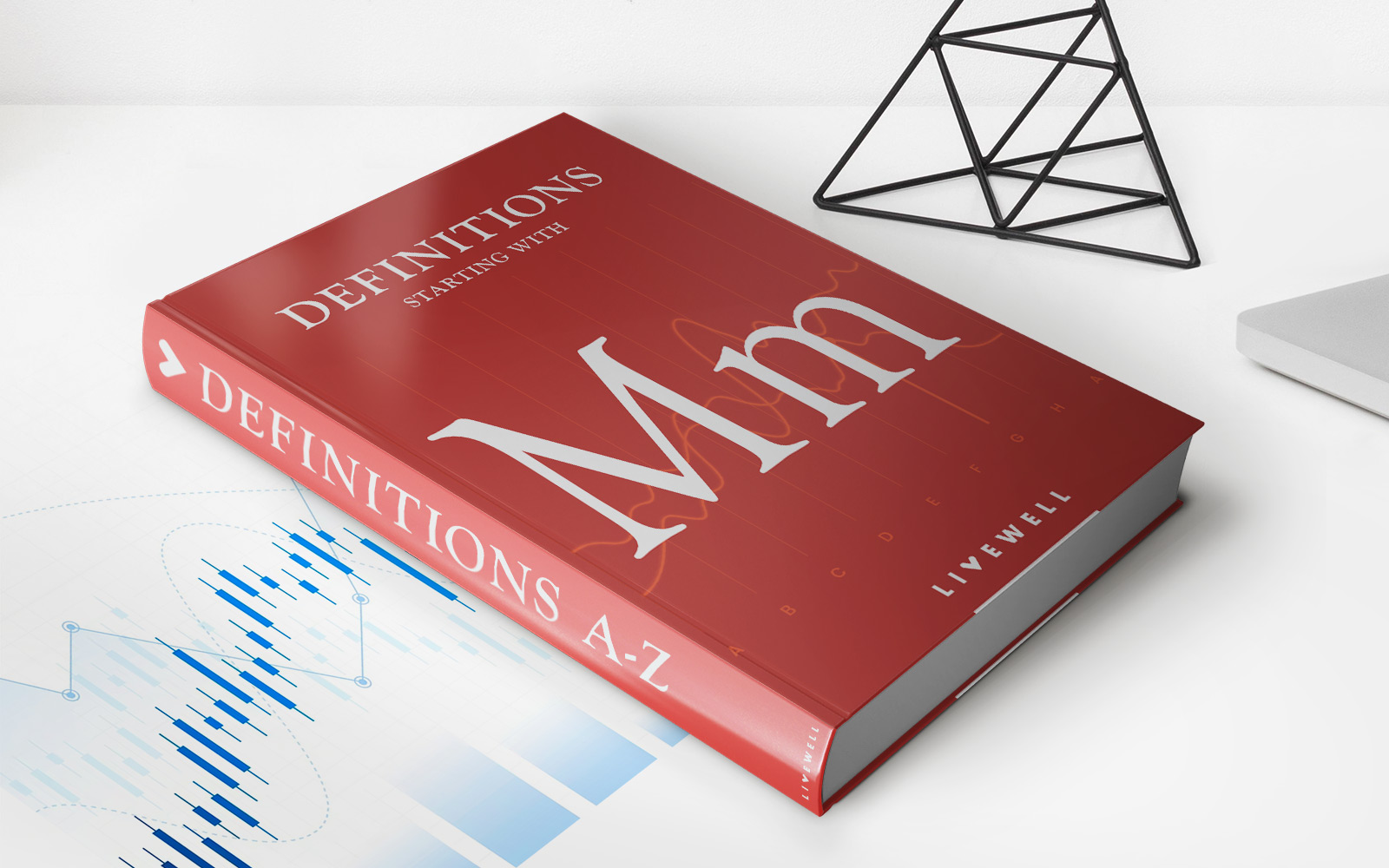

Finance
Mutual Will Definition
Modified: February 21, 2024
Discover what a mutual will is in the world of finance and how it can help secure your financial future. Learn the definition and benefits today!
(Many of the links in this article redirect to a specific reviewed product. Your purchase of these products through affiliate links helps to generate commission for LiveWell, at no extra cost. Learn more)
Mutual Will Definition: Everything You Need to Know
Welcome to our Finance blog category, where we delve into various topics to help you navigate the complicated world of finances. Today, we are focusing on a topic that is often misunderstood but plays a crucial role in estate planning – mutual wills. In this article, we will define mutual wills and discuss their benefits, importance, and how they differ from traditional wills.
Key Takeaways
- Mutual wills are a type of testamentary document created by two or more individuals, usually spouses or partners, that establish how their assets will be distributed after their deaths.
- Unlike traditional wills, mutual wills contain clauses that prevent the surviving party from making changes to the agreed-upon distribution plan.
The Definition of Mutual Wills
So, what exactly is a mutual will? A mutual will is a legally binding document created by two or more individuals, typically spouses or life partners, who want to ensure that their assets are distributed according to their wishes after their deaths. Unlike individual wills, mutual wills contain clauses that bind the surviving party to the agreed-upon distribution plan.
When both parties of a couple or family decide to create mutual wills, they are making a joint commitment to protect each other’s interests and ensure that their assets pass on to their intended beneficiaries. By creating mutual wills, individuals can provide security for their loved ones and maintain control over their legacies even after their deaths.
One crucial aspect of mutual wills is that they create a legally binding contract between the parties involved. This means that the surviving party cannot make changes to the distribution plan outlined in the mutual will. This agreement ensures that both parties’ wishes are respected and that the intended beneficiaries receive their rightful inheritances.
Why Are Mutual Wills Important?
Now that we understand the definition of mutual wills, let’s explore why they are important:
- Preserving Intentions: Mutual wills are an effective method for individuals or couples to ensure that their wishes regarding the distribution of assets are respected. By creating mutual wills, you can safeguard your intentions and prevent unforeseen circumstances from altering your planned legacy.
- Protecting Loved Ones: Mutual wills can provide financial security for your loved ones, especially in blended families or situations where there may be conflicts or disputes over inheritances. By establishing mutual wills, you can protect your spouse, children, or any other intended beneficiaries from potential conflicts after your passing.
It is important to note that mutual wills are not suitable for everyone. Before deciding to create mutual wills, it is essential to consult with a qualified attorney who specializes in estate planning. A legal professional can provide personalized advice based on your unique circumstances and guide you through the process to ensure that the decisions you make align with your goals.
In Conclusion
Mutual wills are a powerful tool in estate planning, allowing individuals and couples to control the distribution of their assets after their deaths. By creating mutual wills, you can provide financial security for your loved ones and protect your intended beneficiaries from potential disputes. Remember, it is crucial to consult with a knowledgeable attorney to ensure that your mutual will accurately reflects your wishes and aligns with your overall estate plan.


